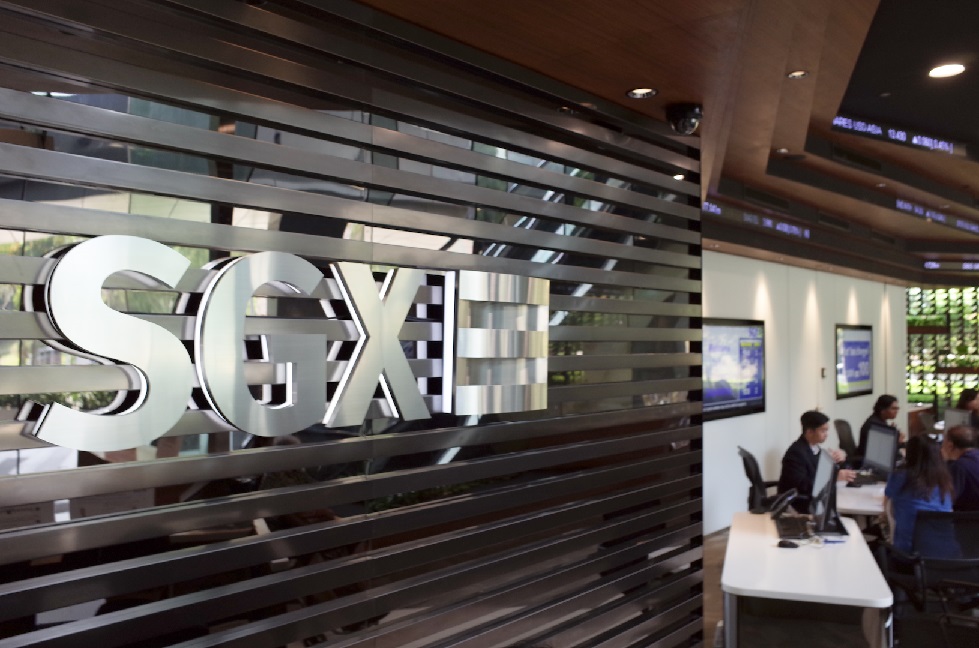Singapore Exchange Announces Mandatory Climate and Diversity Disclosures
The Singapore Exchange (SGX) announced a new series of sustainability and transparency-related rules for issuers, including its roadmap for mandatory climate disclosure and reporting on board diversity policies and progress.
The new rules follow a consultation launched by SGX in August, citing “urgent demand” from lenders, investors and other key stakeholders for climate-related disclosures, and as corporate finance leaders and investors increasingly voice support for mandatory sustainability reporting.
According to the new SGX roadmap, all issuers are to begin providing climate-related disclosures based on the recommendations of the Task Force on Climate-related Financial Disclosures (TCFD) on a “comply or explain” basis from FY 2022, with mandatory reporting beginning for financial, agricultural, food, forest products and energy sector issuers from 2023. Materials and buildings, and transportation sector issuers will begin mandated climate reporting from 2024.
Beginning in 2022, all issuers will also be required to set a board diversity policy, covering aspects including addresses gender, skill and experience, and to describe details such as diversity targets, plans, timelines and progress in their annual reports. Sustainability reports will be expected to be issued together with annual reports, unless issuers have conducted assurance.
Additionally, the SGX will require that all company directors to undergo a one-time training on sustainability.
Tan Boon Gin, CEO of SGX RegCo, said:
“The market recognises that climate reporting is important as a first step towards efforts to mitigate the effects of climate change. Decision-makers also want climate information when they allocate assets, extend financing, and price risks. These factors make climate reporting most urgent for industries with the biggest impact.
“We are also mandating specific disclosures around board diversity. Recent uncertainties have posed financial and governance challenges for boards. Having a broad set of perspectives will better enable companies to anticipate and face these challenges. It is therefore crucial that boards are diverse and have the necessary skill and experience to deal with the complexities of today’s operating environment.”





